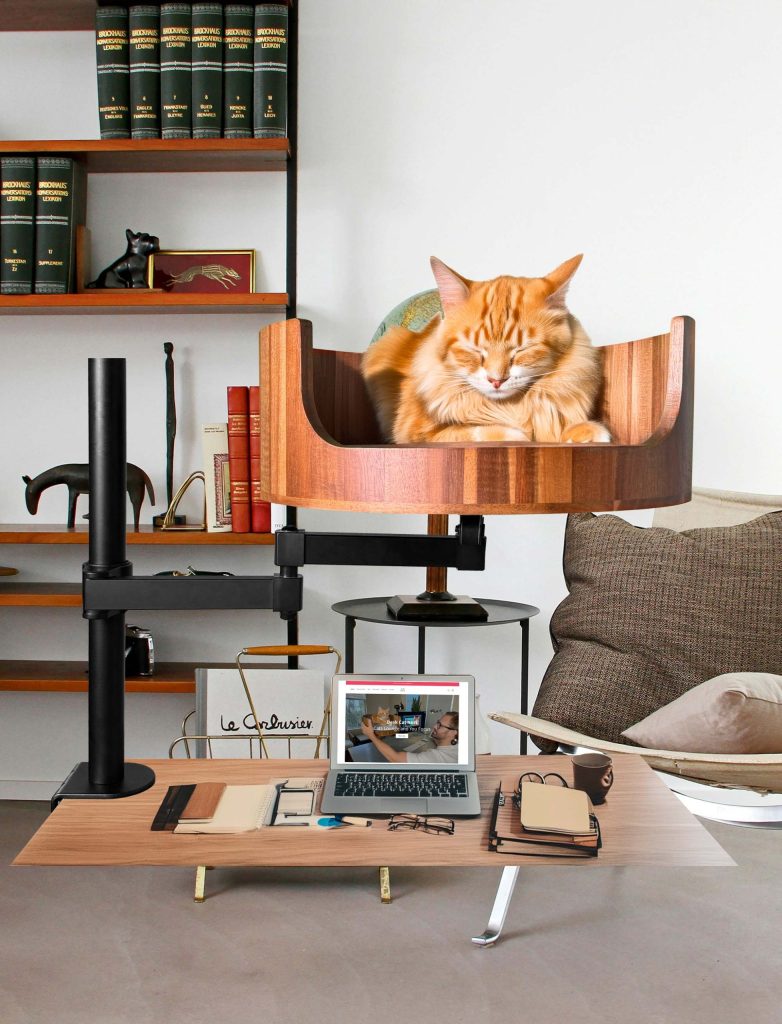Is your feline friend leaving an unwelcome surprise on your bed? If so, you are not alone. Cats peeing on beds is a common issue that many cat owners face. Understanding the reasons behind this behavior is crucial in finding effective solutions to prevent it from happening again. In this article, we will delve into the various factors that may be causing your cat to pee on your bed and explore different strategies to address and ultimately eliminate this behavior.
From stress and territorial marking to medical issues, cat peeing on the bed can be a symptom of various underlying issues. By recognizing the signs and triggers, you can take preventative measures to discourage this behavior and create a more comfortable living environment for both you and your cat. Stay tuned as we discuss practical tips and solutions to help you tackle this frustrating problem and foster a healthier relationship with your feline companion.
1. Cats may pee on beds due to stress, health issues, or territory marking.
2. Understanding the reasons behind this behavior is essential in finding a solution.
3. Solutions include addressing any underlying health issues, providing multiple litter boxes, and creating a comfortable and safe environment for the cat.
4. Punishing or scolding the cat for peeing on the bed will not solve the problem and may worsen the behavior.
5. Seeking advice from a veterinarian or animal behaviorist can help in effectively addressing the issue and establishing a positive relationship with the cat.
Causes of Cats Peeing on Bed
Cats may pee on the bed due to various reasons, including stress, anxiety, medical issues, territorial marking, or lack of proper litter box training. For example, stress from changes in the environment such as a new pet or moving to a new home can cause a cat to act out by urinating on the bed. Moreover, medical conditions like urinary tract infections or diabetes can also lead to inappropriate elimination behavior. It is essential to identify the underlying cause of the behavior to address it effectively.
Preventing Cats from Peeing on Bed
There are several strategies to prevent cats from peeing on the bed, including creating a comfortable and stress-free environment for the cat. Providing enough litter boxes in multiple locations, ensuring they are cleaned regularly, and using unscented litter can also help. Additionally, engaging in interactive playtime with the cat, providing scratching posts, and offering vertical spaces for climbing can help reduce stress and prevent unwanted urination behaviors.
Training Tips for Cats Peeing on Bed
Using positive reinforcement techniques, such as rewarding the cat for using the litter box or providing treats when they exhibit desired behaviors, can be highly effective in training them to stop peeing on the bed. Consistency in training, patience, and understanding the individual needs of the cat are essential in addressing this behavior. It is crucial to avoid punishment as it can worsen the problem and lead to more stress for the cat.
Consulting a Veterinarian
If the behavior of a cat peeing on the bed persists despite trying various solutions, it is crucial to consult a veterinarian to rule out any underlying medical issues. The vet can conduct a thorough examination, including urine tests and blood work, to diagnose and treat any potential health problems. In some cases, medication or behavioral therapy may be necessary to address the issue effectively. It is always best to seek professional help when dealing with persistent urination problems in cats.
Frequently Asked Questions
What is the Desk Cat Nest?
The Desk Cat Nest is a cozy and comfortable feline furniture piece designed to provide your cat with a dedicated space to relax, play, and sleep. The enclosed design offers privacy and security for your pet, making it an ideal solution for cats who are prone to peeing on your bed.
How can the Desk Cat Nest help with my cat’s peeing on the bed issue?
By providing your cat with a designated area to call its own, the Desk Cat Nest can help reduce stress and anxiety that may be causing your pet to exhibit inappropriate elimination behaviors. The enclosed design of the nest can also deter your cat from peeing on your bed, as it offers a more suitable alternative for them to use.
Is the Desk Cat Nest easy to clean?
Yes, the Desk Cat Nest is designed with convenience in mind. The removable cushion and washable cover make it easy to keep the nest clean and fresh for your cat. Simply unzip the cover, remove the cushion, and machine wash them as needed.
Will my cat like the Desk Cat Nest?
While every cat is unique and may have different preferences, the cozy and enclosed design of the Desk Cat Nest often appeals to many feline friends. You can entice your cat to explore the nest by adding their favorite toys, treats, or bedding inside to make it more inviting.
Can the Desk Cat Nest be used for multiple cats?
Yes, the Desk Cat Nest can accommodate multiple cats, depending on their size and comfort levels. Some cats may prefer their own individual space, while others may enjoy sharing the nest with a feline friend. Monitor their interactions closely to ensure that all cats feel safe and secure in the nest.
In conclusion, choosing a Desk Cat Bed is a valuable solution for preventing your cat from peeing on your bed. The elevated design and comfortable cushioning provide a designated and appealing space for your cat to rest and relax. This helps to deter them from urinating on your bed and encourages them to use their designated sleeping area instead. Additionally, the easily washable materials make it convenient to keep the bed clean and fresh, further deterring unwanted behaviors. Overall, investing in a Desk Cat Bed is a practical and effective way to address and prevent cat peeing on your bed.


